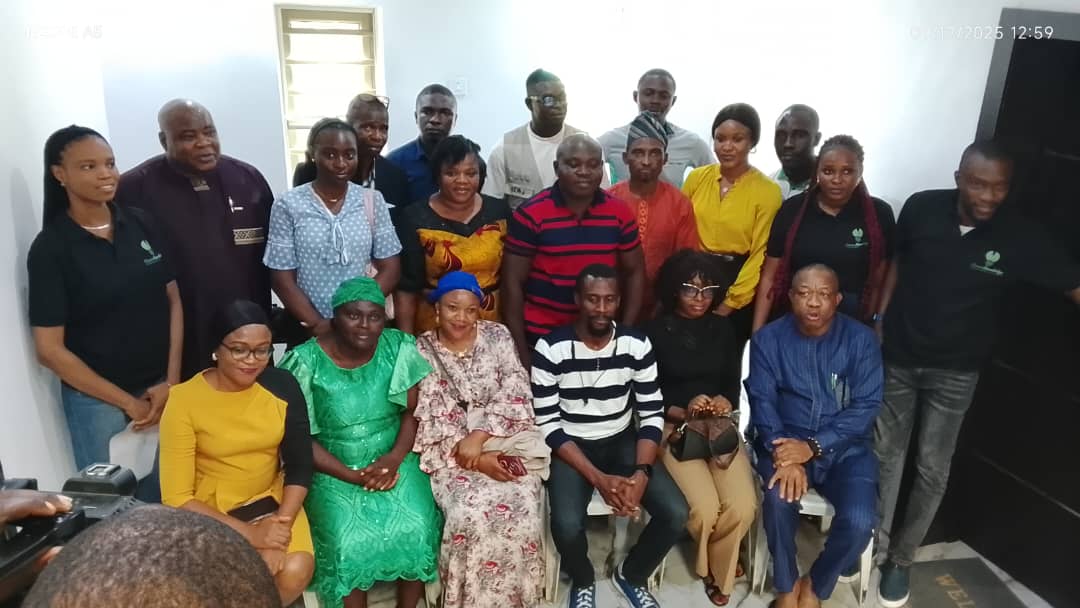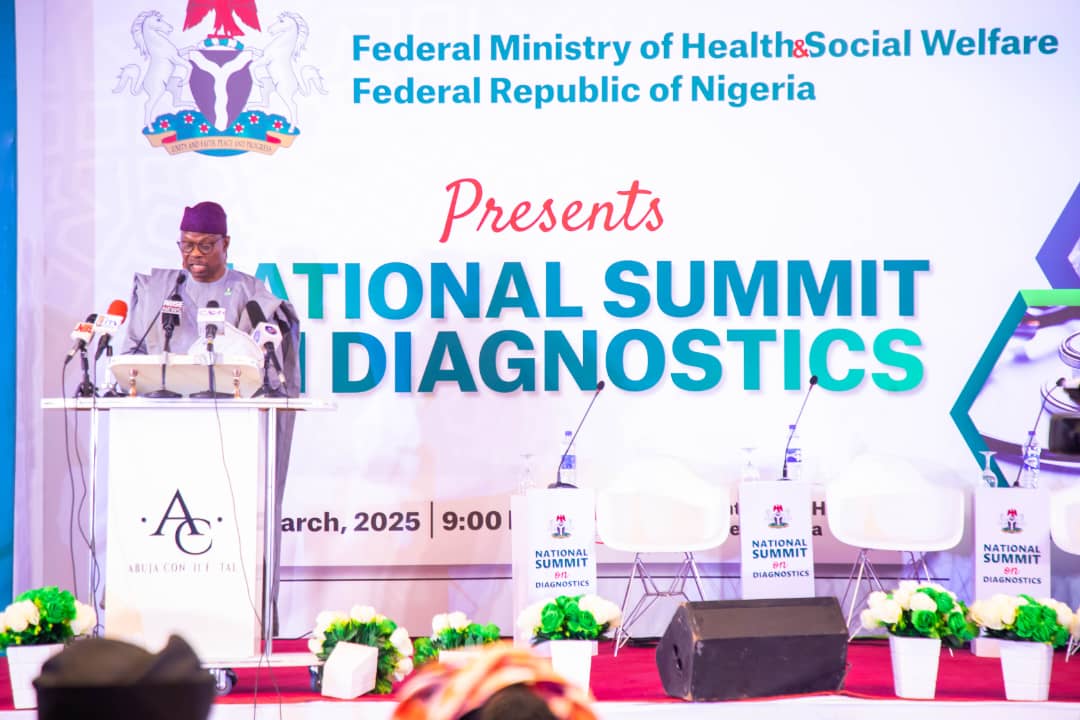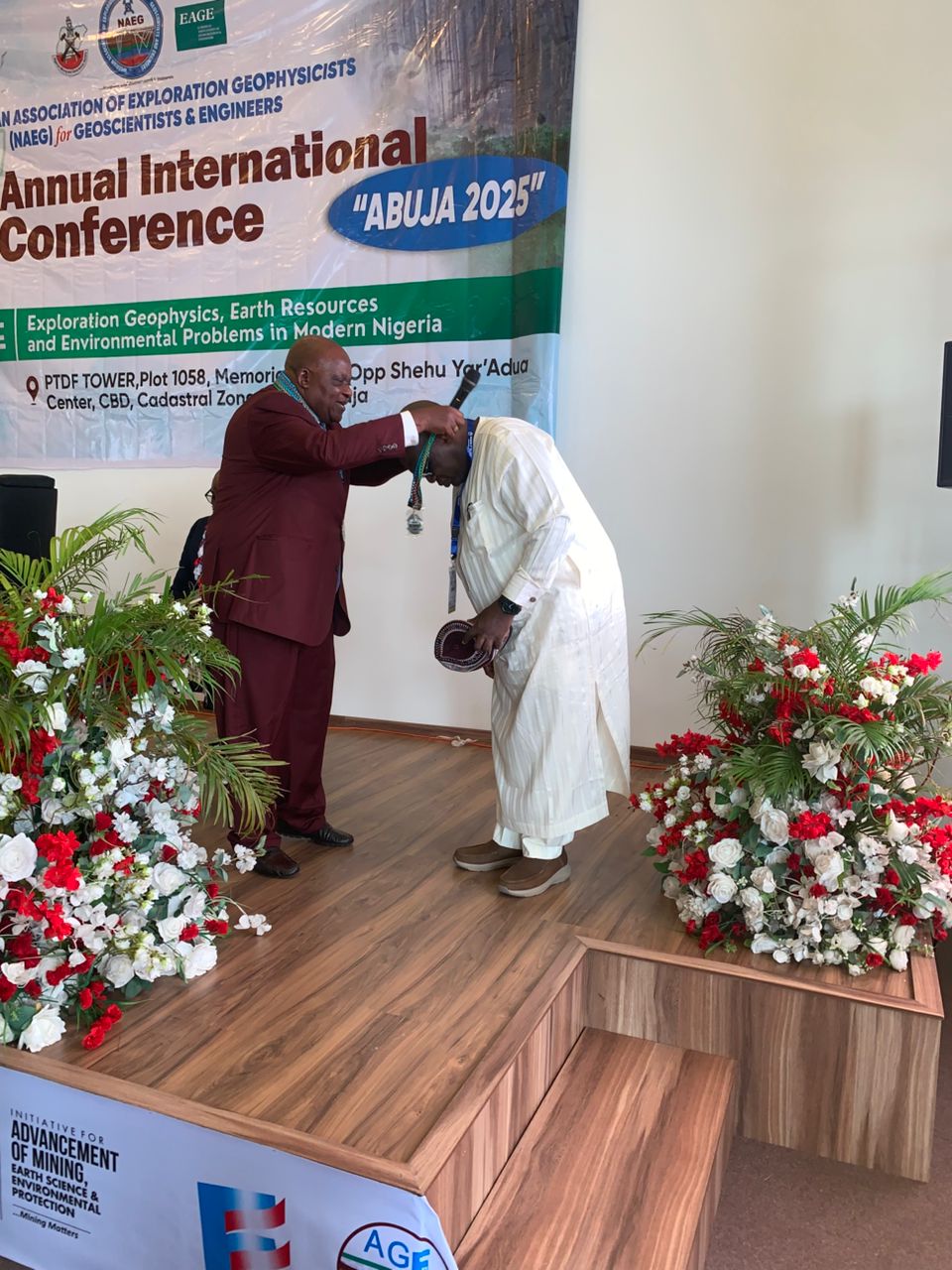Civil Society/Experts Call for Urgent Action on Alarming Air Pollution in Ogijo Community, Ogun State

… Studies show particulate matter far above WHO standards; NGOs urge government to declare environmental state of emergency
Environmental advocates, researchers, and community representatives have raised alarm over the dangerous levels of air pollution in Ogijo, Ogun State, calling for urgent government intervention and stronger enforcement of environmental laws.
The call was made during a media engagement organised by Sustainable Research and Action for Environmental Development (SRADeV Nigeria) in collaboration with the Green Knowledge Foundation (GKF).
Ogijo as “An Environmental Hotspot”
Dr. Leslie Adogame, Executive Director of SRADeV Nigeria, described Ogijo as an “environmental hotspot with cocktails of toxic, hazardous chemicals”.
“When we recite our national anthem, we pray to build a nation where no man is oppressed.
“The people of Ogijo are oppressed by the weight of industrial pollution. Air quality readings between 500 and 600 micrograms per cubic meter – far above WHO’s safe limit of 15 – show a community in crisis.
This is no longer a local issue, but a national emergency,” Adogame said.
He urged the Federal Government and Ogun State Government to declare an environmental state of emergency in Ogijo, adding:
“Air pollution knows no boundaries. What starts in Ogijo does not remain in Ogijo – it spreads to Lagos and beyond. This is a threat to all Nigerians.”
Air Pollution as a Human Rights Issue
Mr Weyinmi Okotie, Executive Director of GKF, stressed that clean air must be seen as a fundamental human right, just like water.
“Too often, we speak of water as a right, but forget that air is just as essential. The people of Ogijo deserve to breathe clean air. Industrial activities must not continue to poison women, children, and families while companies profit,” Okotie said.
He explained that GKF chose Ogijo as a case study because of the scale of industrialisation and the absence of monitoring systems.
The Data Paints a Dire Picture
Presenting findings from the Ogijo Air Quality Monitoring Project, Dr Babatunde Oladimeji revealed that PM2.5 particulate matter in the community exceeded international and Nigerian safety standards nearly every day during the study period.
“Our monitors showed consistent spikes, with particulate matter levels far beyond WHO standards.
The health risks include premature deaths, heart disease, lung cancer, asthma attacks, and even low birth weights.
Ogijo residents – especially women and children – are dangerously exposed on a daily basis,” Dr. Oladimeji warned.
He added that industrial emissions, tyre burning, metal recycling, and household waste burning were the major sources of pollution, and called for mandatory live-monitoring systems in all factories.
Global Context and Nigeria’s Lapses
Mr. Collins Azuike, Communications Coordinator of GKF, linked Ogijo’s plight to the global climate and health crisis.
“Air pollution kills nearly 7 million people globally every year. In Nigeria alone, over 198,000 premature deaths have been linked to polluted air.
“Yet we lack the equipment, tools, and systems to measure or report these dangers adequately. That is why communities like Ogijo suffer in silence,” Azuike noted.
He emphasized that Nigeria must “get on the racetrack” of the UN’s Racing for Clean Air campaign by investing in monitoring, awareness, and policy enforcement.
Civil Society Calls for Urgent Government Action
The coalition of NGOs urged the Ogun State and Federal Government to:
Declare an environmental state of emergency in Ogijo.
Mandate continuous live air quality monitoring in all industries.
Strengthen enforcement of emission standards and penalize recalcitrant polluters.
Carry out biomonitoring and epidemiological studies to link pollution to health outcomes.
Protect communities through zoning reforms, ensuring industries and residential areas are separated.
Dr. Adogame concluded:
“We commend Ogun State Ministry of Environment and NESREA for beginning to act, but time is running out for Ogijo. Enough talking – it is time for action. Clean air is not a privilege; it is a right.”
Background
Ogijo, an industrial corridor bordering Lagos, hosts plastics, steel, chemical, and battery recycling industries.
READ ALSO: FG Moves to End Exploitation in Organ Transplantation, Launches Nationwide Standards, Registry
Appeal Court Orders CBN to Release Pilgrims’ Subsidized Forex Records, Upholds HEDA’s FOI Victory
Portable and stationary monitors deployed by researchers between October and April revealed PM2.5 concentrations up to 40 times higher than WHO guidelines.
Community testimonies include reports of frequent miscarriages, asthma attacks, and even children being misdiagnosed as smokers due to exposure.





